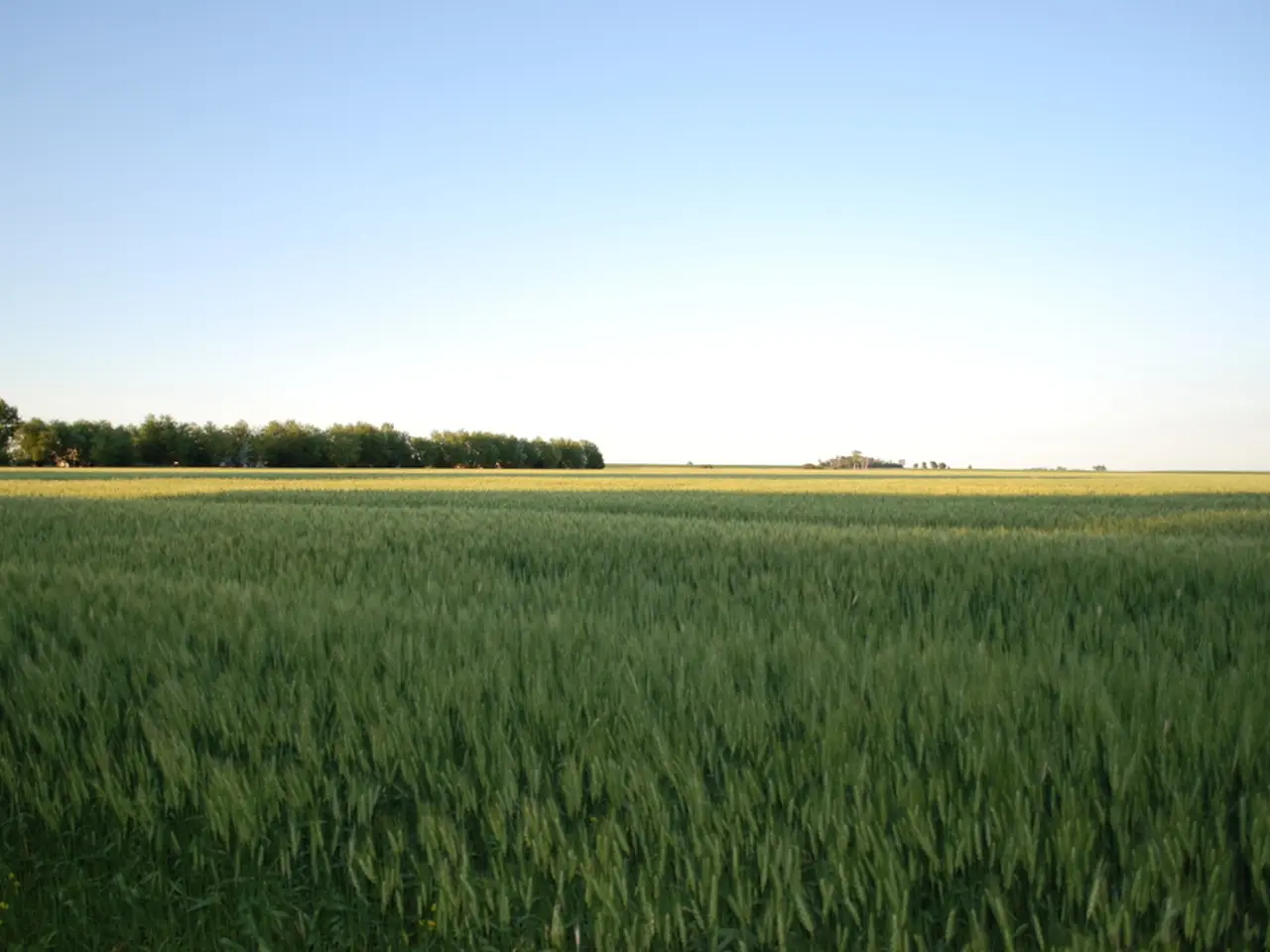Ireland's affluent entrepreneurs weigh in on the nation's financial perspective
In the face of multiple crises over the past 17 years, Ireland has proven to be a resilient and adaptable nation. According to Karl Brophy, founder of Red Flag Global, this is a testament to the flexibility and dynamism of Irish businesses.
Brian O'Sullivan, founder of Zeus Group, echoes this sentiment, emphasising the importance of resilience and adaptability for Irish businesses in the face of global trade tensions, geopolitical instability, and climate pressures. O'Sullivan believes that Ireland's size and openness to global markets, coupled with a strong appetite for innovation in sustainability, digitalisation, and advanced manufacturing, enable Irish businesses to pivot quickly.
However, challenges remain. Stephen Garvey, chief executive of Glenveagh, highlights the Irish economy's resilience in the face of various challenges, including Brexit, Covid, and the energy crisis. Yet, he points out that Ireland's accommodation crisis is a significant problem, affecting various groups and having knock-on effects on the economy and society.
In the housing sector, certainty is the key to delivery, according to Garvey. This requires consistent and timely implementation of planning reforms, sustained infrastructure investment, and clarity around funding supports.
Bobby Healy, founder of Manna, calls for strong government support for the indigenous tech sector. He expresses concern about the impact of trade barriers and tariffs on his business and a lack of a sufficiently ambitious strategy in Ireland towards the indigenous tech sector. Healy believes that Ireland is at a global inflection point in tech, regulation, and economic growth, and he calls for government support to capitalise on this opportunity.
Dalton Philips, chief executive of Greencore, notes the Irish food sector's resilience and strategic importance to the economy. Exports reached €17 billion in 2024, demonstrating the sector's strength. Philips also identifies balancing competitiveness with evolving consumer expectations as a significant challenge and opportunity for the food and beverage sector. He believes policymakers have an opportunity to position Ireland as a leader in sustainable food-and-beverage production by rewarding circular economy initiatives, carbon reduction, and other sustainable practices through targeted incentives.
Brophy suggests that Europe needs to rapidly demonstrate strategic autonomy, become a place where businesses can grow quickly, and reduce the weight of regulation. He mentions that his company, Red Flag Global, has expanded its ability to work for clients worldwide in response to the current situation.
In conclusion, Ireland's economic fundamentals remain robust, with an unemployment rate below 5% and employment numbers remaining high. Ireland continues to attract investment. However, challenges such as the accommodation crisis, trade barriers, and the need for modernization and structural reform require urgent attention. With the right policies in place, Ireland can continue to be a resilient and adaptable nation, capitalising on opportunities and overcoming challenges.
Read also:
- Strategizing the Integration of Digital Menus as a Core Element in Business Operations
- Financial Actions of BlockDAG Following Inter and Borussia Agreements: Anticipating Future Steps
- International powers, including France, Germany, and the UK, advocate for the reinstatement of sanctions against Iran.
- Companies urged to combat employee resignation crisis, as per findings from the Addeco Group




